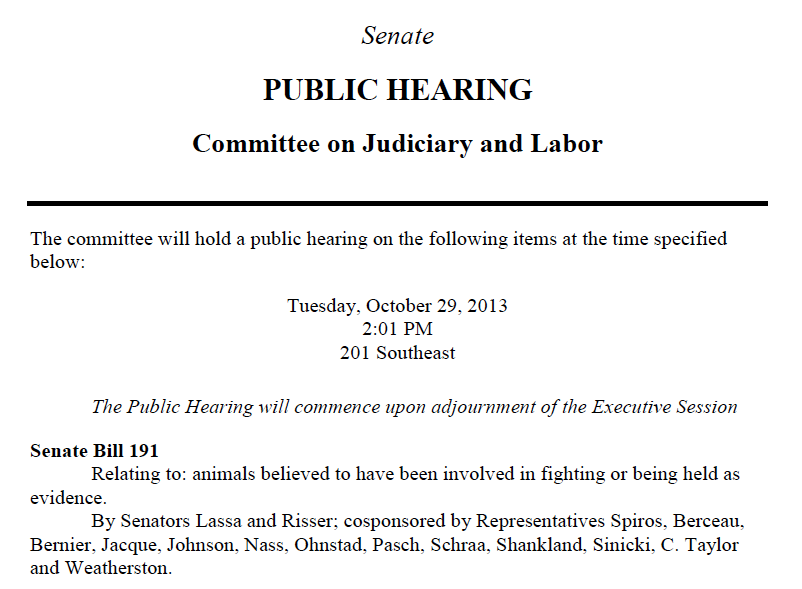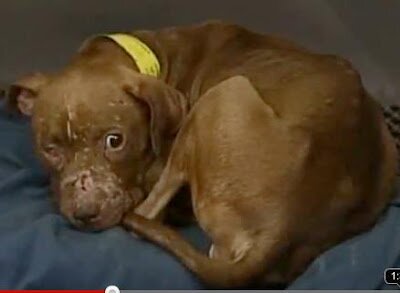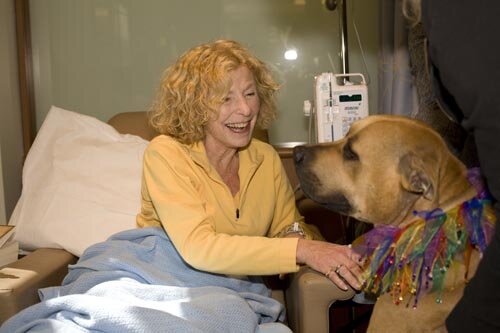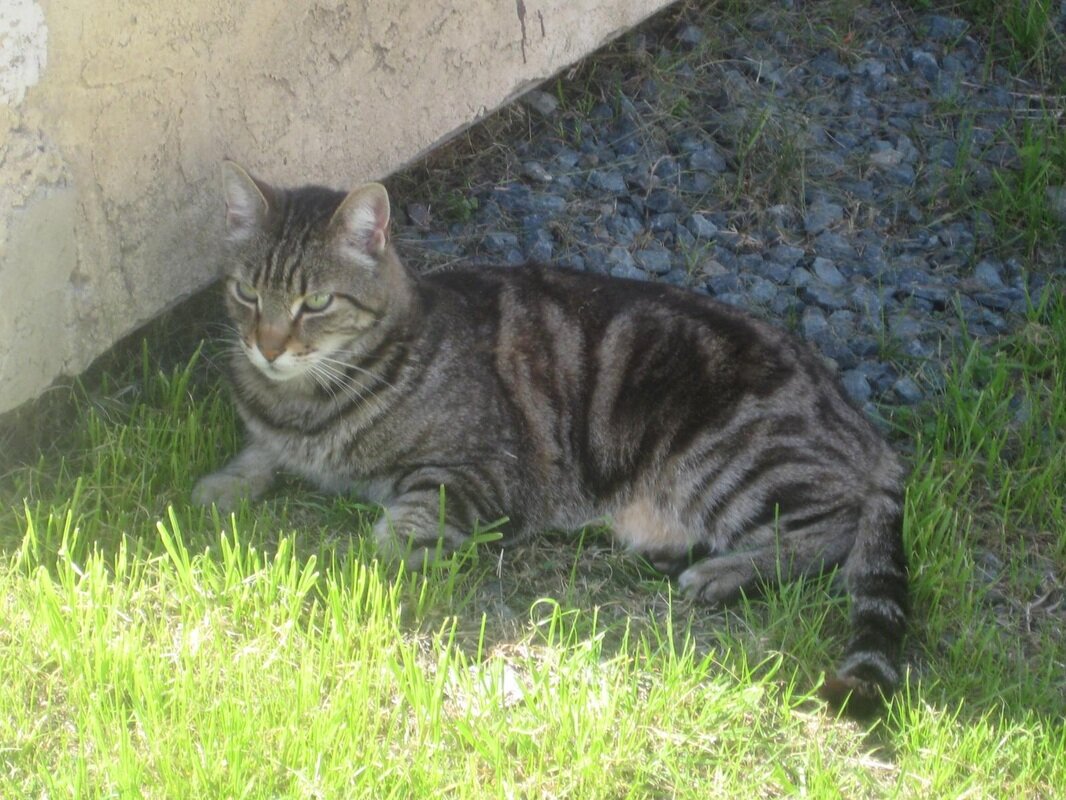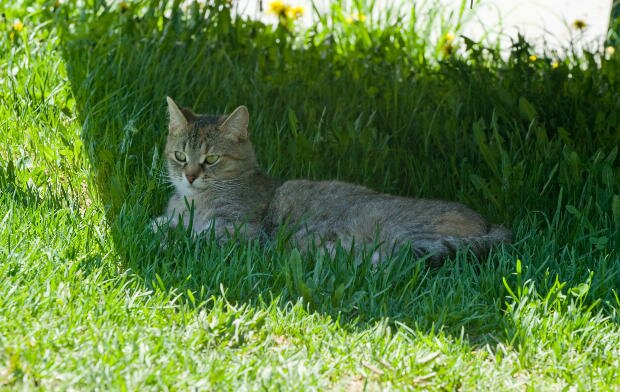Hearing Scheduled for Senate Bill 19110/28/2013
A hearing has been scheduled for Tuesday, October 29th for Senate bill 191. Click here for the background on this bill. Please try to attend and as you enter the room, sign in and register "for" the bill. You don't need to speak but a good show of support will help get Leo's Bill passed!
There are currently two bills active in the Wisconsin Senate that deal with court case dogs. Both are sitting on Senator Grothman's (R) desk waiting to move forward to a committee hearing. The matter is in his hands. Please email Senator Grothman and ask him to take action: [email protected]
Below is David Mangold's letter (Save Milwaukee's Court Case Dogs) to Senator Grothman. He gave us permission to share it here.
Dear Senator Grothman,
I am writing to ask for your support on SB191 and SB319- both proposed laws dealing with seized victims of cruelty. While SB191 addresses one provision of the law, SB319 addresses many failure points in the seized dog process. Under SB319, the process more quickly addresses the needs of the victim. It also will help greatly to address cruelty crimes to ensure a more humane, and safe community. One failure point that is glaring in Milwaukee, is the fact that our local Police might be hesitant to seize a dog under today’s law – considering the publicity that 16 “court case dogs” have received. Is saving a dog and its puppies from a backyard fighter, the right thing to do, considering dogs will go through over two and a half years behind bars with minimal human contact? Especially considering that one outcome is that dogs will get “disposed of” at the end of it all? Then there is the fact that the abuser enjoys considerable freedom to continue breeding and keeping dogs while the gears of justice turn slowly. In Milwaukee, a neighbor of one of the accused has put their situation public, on the internet: My neighbor was allegedly busted for dog fighting (allegedly since it's still in court he is guilty lived next to him for two years). They seized 16 dogs from his property and another mans. This case has been going on now for two years and the dogs have been held as evidence meaning no going outside no social contact just the minimal requirements met food,water,and shelter. They are called the Milwaukee court case dogs and I included a link here if you want to check it out. Now said neighbor is no longer fighting his dogs but breeding them. Back to back dead puppies every litter selling them at 5 weeks. I have called MADACC to file complaints. They say they need more then one citizen to complain. I have talked to the police they told me that complaints hold more weight if made by a civilian. He kept one of the puppies he was trying to tell me it's back legs are double jointed!!!!!! The poor dogs hips were popping in and out of place every step it takes. I asked how is he even allowed to still own dogs the police said since he hasn't been charged yet that he probably has no agreement about owning dogs in his court papers yet. Why can someone accused of dog fighting, a felony in all states, continue to breed and keep dogs? At the same time, the seized dogs are put in the evidence locker? Wisconsin ranks #42 – near the bottom – of all states for our dog fighting laws, according to the Humane Society of the United States: http://www.humanesociety.org/assets/pdfs/animal_fighting/dogfighting_statelaws.pdf I ask that you take SB319 to the next Judiciary Committee public hearing and help us in Wisconsin fix our communities, and help us heal some very deep wounds that our laws have ignored for too long. It’s time we had safe and humane communities again. SB191 helps a small bit, but SB319 is really what we need- and I assure you that this group will continue to be at the forefront for fight for this matter, and for the seized victims of abuse. David Mangold Justice Alliance for Court Case Dogs Support Needed for "Leo's Bill"10/22/2013
Representative Spiros (R-Marshfield) introduced Assembly Bill 230, called "Leo's Bill" this session. Current Wisconsin law states that any animal, over one year of age, suspected of being involved in dog fighting must be put down. These dogs become double victims. They're victims of the cruelty they endured and they're victims of the system that will ultimately fail them.
Rep. Spiro's proposed legislation will change the law to allow animals to be adopted and rehabilitated if they do not pose a threat to humans or other animals. "There are many examples of dogs who have been successfully rehabilitated, who have gone on to become loving pets and assets to their communities by becoming therapy dogs. This bill is not allowing dangerous animals to be released - but rather those who have shown they are no threat. It is allowing the best to be made out of a terrible situation," said Rep. Spiros. Leo's Bill was named after one of the 51 dogs rescued from the Michael Vick dog fighting operation. Leo was taken into Our Pack, Inc. a pit bull rescue in California where he was rehabilitated and became a certified therapy dog. He was adopted by Our Pack, Inc. director, Marthina McClay, CPDT_KA. Leo and Marthina frequently visited hospitals, nursing homes and schools for troubled youth. A public hearing was held for the Assembly version of Leo's Bill with no opposition being expressed. The bill has bipartisan support. Senator Julie Lassa (D) and Senator Fred Risser (D) have introduced the Senate companion, SB191. Senator Carpenter (D) has also been added on as a coauthor. The Senate bill has been read the first time and referred to the Judiciary and Labor Committee, chaired by Senator Grothman (R). However, it hasn't been put on the schedule to be heard in committee yet. This needs to be done for the bill to advance. We need YOUR help to contact Senator Grothman and politely ask him to make this bill a priority. Please email him as soon as possible at [email protected]. Wisconsin dogs are counting on you to help them!
Trap Neuter Return (TNR) is the only humane, nonlethal method of population control for feral (community) cats. The breeding stops. Populations are gradually reduced. The annoying behaviors of breeding cats, like yowling, fighting and spraying, stop.
Whether you love or hate cats, TNR is the answer. For more information visit the Alley Cat Allies website: www.alleycat.org Trap Neuter Return and the Taxpayer10/1/2013
Trap Neuter Return (TNR) saves the taxpayers' money.
The unneutered community cat population serves as a constant source of new cats and kittens. Many of these cats find their way into local shelters, taking up badly needed space, and increasing the already exorbitant cost of euthanizing homeless cats and dogs. Substantial cost savings from TNR occurs in two ways. First, volunteers are used to get cats spayed and neutered, preventing cat reproduction. Second, lowered euthanasia and reduced workload for the shelter staff offer significant cost savings. It generally costs over $100 per cat to house and euthanize a cat. That's about twice the cost of sterilization and vaccination when cats are TNR'ed. These savings multiply over time as the cat population gradually decreases, requiring less animal control calls and less illness due to overcrowding in the shelter. For more information about TNR visit the website of Alley Cat Allies, www.alleycat.org Trap Neuter Return and Rabies10/1/2013
Despite false claims by opponents of Trap Neuter Return (TNR); there is a very low incidence of rabies in cats. Of 154 rabies cases in Wisconsin from 2005-2009, 149 were in bats, two in dogs and three in skunks.
A single rabies vaccine, given when a community cat is trapped and sterilized, provides years of protection. Trap, neuter return programs protect community cats from the minimal risk of contracting rabies and prevent these cats from spreading the disease. For more information about TNR visit the website of Alley Cat Allies, www.alleycat.org Trap Neuter Return is Good for Birds!10/1/2013
Rather than encouraging predation, Trap Neuter Return (TNR) can actually aid in the protection of wildlife and birds. The community cats are already there. If the cats are then neutered, vaccinated and returned, reproduction ceases and the cat population goes down over time. Fewer cats results in less predation.
Bird enthusiasts and cat enthusiasts have the same interests - decreased reproduction and fewer cats. For more information about TNR visit the website of Alley Cat Allies, www.alleycat.org |
Our blog will be an ongoing conversation regarding humane legislation and improved conditions for companion animals in Wisconsin. Feel free to contact us with your letters, ideas and input. wivotersforcompanionanimals @gmail.com
CategoriesAll ArchivesNovember 2020  RSS Feed RSS Feed
Authors
|
| Wisconsin Voters For Companion Animals |
|
